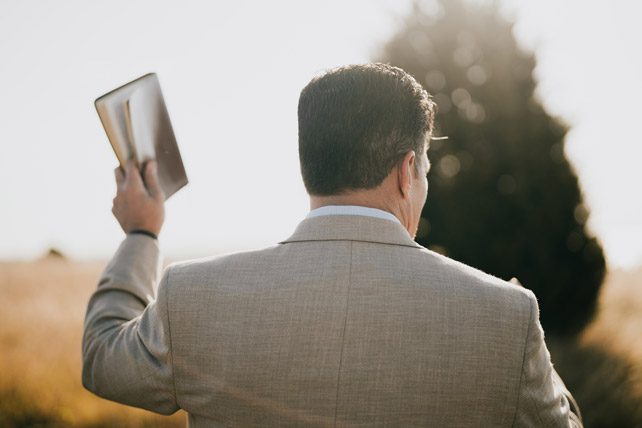Christian preachers play a vital role in spreading the teachings of Jesus Christ and inspiring faith in believers. They are spiritual leaders who proclaim the Word, guiding individuals towards a deeper understanding of their faith.
Through their sermons, Christian preachers encourage and challenge people to live according to biblical principles. To find inspiring Christian preachers near you, consider attending local church services, conferences, or seminars. Additionally, many preachers have online platforms where their sermons and teachings can be accessed.
Some notable Christian preachers to learn from include Billy Graham, Joyce Meyer, and Tim Keller. When looking for a preacher, it’s important to consider their biblical knowledge, ability to connect with the audience, and the impact they have on society. Christian preachers have a profound influence on shaping individuals and communities, providing guidance, hope, and encouragement. In a world full of challenges and uncertainties, their message of love, forgiveness, and salvation is more relevant than ever.
The Role of Christian Preachers in Spreading the Gospel
Christian preachers play a vital role in spreading the gospel, sharing the message of Jesus Christ to believers and non-believers alike. They are called to proclaim the Word of God, teach biblical truths, and inspire others to live a life dedicated to Christ.
Christian preachers challenge the congregation to live out their faith and share it with others. In Matthew 28:19-20, Jesus instructs His disciples to “Go therefore and make disciples of all nations, baptizing them in the name of the Father and of the Son and of the Holy Spirit, teaching them to observe all that I have commanded you.” Christian preachers continue this mission by equipping and empowering believers to spread the gospel, both locally and globally.
RELATED: 6 Traits of a Biblically Faithful Preacher
Moreover, Christian preachers serve as shepherds, providing guidance and support to their congregations. They offer pastoral care, counseling, and prayer, helping individuals navigate life’s challenges and find hope in Christ. They are called to be servant leaders, modeling humility, love, and compassion.
Moreover, Christian preachers are instrumental in evangelism. They proclaim the good news of Jesus Christ, inviting others to experience salvation through faith in Him. By sharing the message of God’s love and forgiveness, they help people find hope, purpose, and eternal life.
In essence, Christian preachers are ambassadors of Christ, carrying the message of salvation to the world. They are called to be faithful stewards of God’s Word, seeking to transform hearts and minds through the power of the Holy Spirit. Through their ministry, they play a crucial role in building up the body of Christ and advancing His kingdom on earth.
How to Find Inspiring Christian Preachers Near You
Finding inspiring Christian preachers to guide and uplift your spiritual journey is an important aspect of growing in your faith. Here are some tips on how to find them:
1. Seek Recommendations: Ask friends, family, and fellow church members for recommendations on preachers who have made a positive impact on their lives. Hearing personal testimonies can help you find someone who resonates with your beliefs and values.
2. Attend Local Churches: Visit different churches in your area and listen to the sermons of various Christian pastors. Pay attention to their style of teaching, the clarity of their message, and whether their words align with biblical principles.
RELATED: Impact and Influence: We Need Preachers More Than Ever
3. Utilize Online Platforms: Explore online platforms dedicated to Christian preachers such as sermon podcasts, YouTube channels, and social media accounts focused on sharing gospel messages. Many preachers offer live-streamed sermons or recordings of their teachings.
4. Attend Christian Conferences: Attend local or national conferences where renowned Christian preachers are invited to speak. These events provide an opportunity to hear from multiple preachers and discover new voices that inspire and challenge your faith.
5. Read Christian Literature: Look for books, devotionals, and articles written by Christian preachers known for their impactful messages. These writings can give you deeper insights into their teachings and help you decide if their style aligns with your spiritual needs.




























